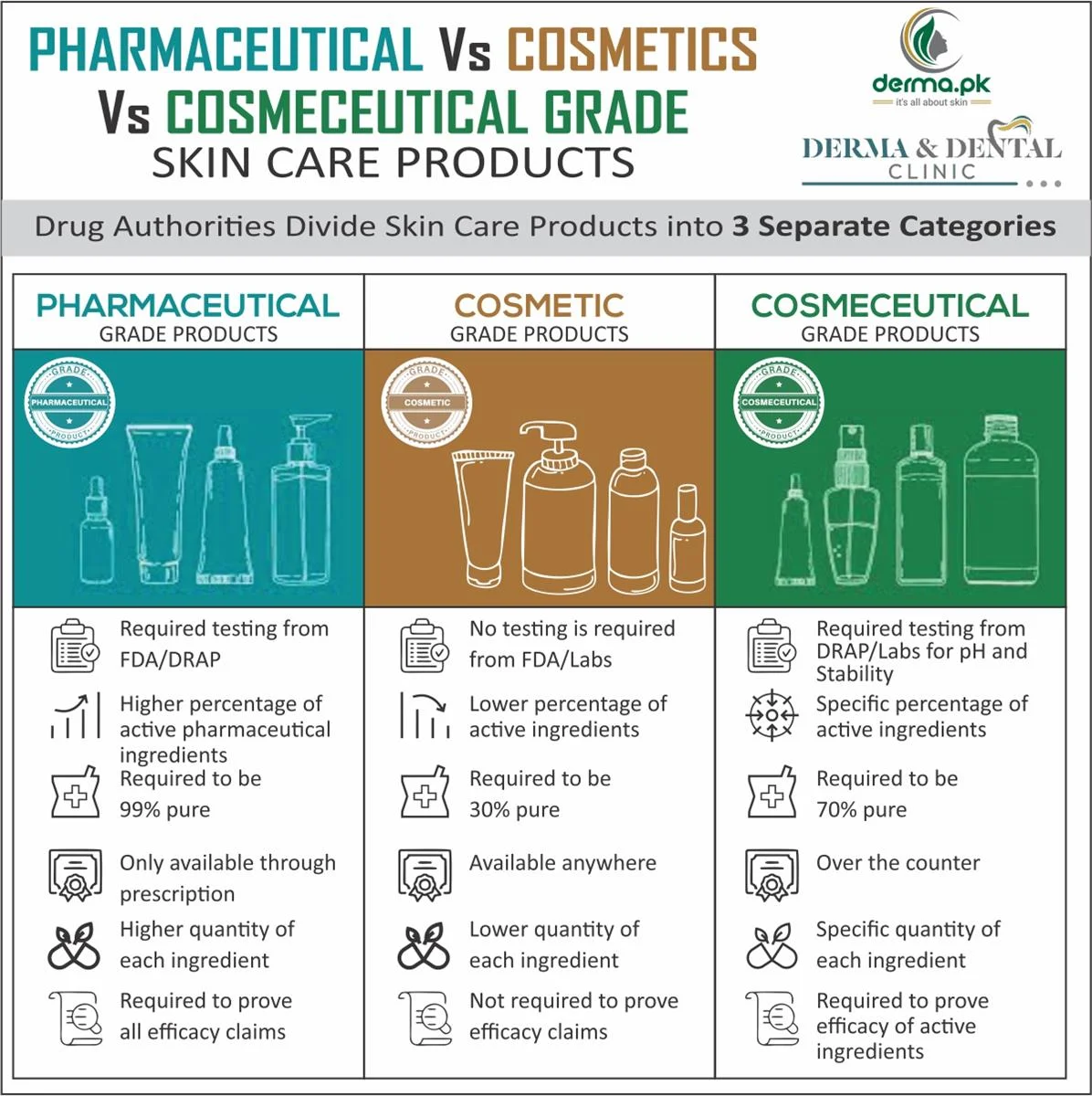FSID CREAM TOPICAL ANTIBACTERIAL (FUSIDIC ACID 2% W/W): Your Solution for Skin Infections
Introduction
When it comes to treating skin infections, Fsid Cream stands out as a powerful antibiotic with remarkable antibacterial properties. In this article, we’ll explore what Fsid is, its applications, precautions, and possible side effects to ensure you use it effectively and safely.
What is Fsid and Its Usage
Fsid is an antibiotic renowned for its potent antibacterial activity against various grampositive organisms. Staphylococci, even those resistant to penicillin or other antibiotics, are particularly susceptible to Fsid’s effects. What sets Fsid apart is its ability to penetrate infection
sites, even through intact skin.
Fsid Cream is indicated for treating skin infections caused by staphylococci, streptococci, Propionibacterium acnes, Corynebacterium minutissimum, and other organisms sensitive to fusidic acid. It effectively addresses conditions like impetigo, boils, carbuncles, paronychia, sycosis barbae, erythrasma, and even acne vulgaris. The best part? Fsid Cream is cosmetically acceptable for treating facial and scalp infections.
Precautions and Usage Guidelines
Before using Fsid, it’s essential to consider the following:
- Avoid Fsid if you are allergic to fusidic acid or its components
- Prolonged or recurrent use of fusidic acid may increase the risk of antibiotic resistance
- Fsid Cream contains certain excipients that could cause local skin reactions, so use caution when applying it near the eyes.
- Consult your doctor or pharmacist if you are using other medicines, as no significant interactions are expected with Fsid.
If you are pregnant, breastfeeding, or planning to become pregnant, seek advice from your healthcare provider before using Fsid. While it’s safe during pregnancy, it’s recommended
to avoid applying it on the breast if breastfeeding.
How to Use Fsid
For effective results, apply Fsid Cream to the affected area 23 times daily for around 7 days. The nature of the condition might require extending therapy for acne treatment.
Possible Side Effects
Like any medication, Fsid Cream may cause side effects in some individuals. These can include:
- Itching (pruritus) and rash
- Pain and irritation at the application site
- Hypersensitivity reactions, though rare
- Various types of rash reactions, including erythematous, pustular, vesicular, maculopapular, and papular
- Eye inflammation with red eyes and tearing (conjunctivitis)
- Swelling (angioedema) and hives (urticaria)
- If you experience any of these symptoms or other unusual reactions, consult your doctor or pharmacist.
How to Store Fsid
Keep Fsid Cream stored below 30°C and ensure it’s within its shelf life, as indicated on the carton.
Conclusion
Fsid Cream is your trusted ally in the battle against skin infections. Its potent antibacterial properties and cosmetically acceptable nature make it an effective and convenient choice for various skin conditions. Remember to follow your doctor’s instructions, use it as prescribed, and store it safely out of reach of children. With Fsid Cream, you can address skin infections with confidence.










Fatima –
User-friendly website and quick checkout.
Latif –
Competitive prices with quality products.
Gazala –
products are well checked and long expiry dates
Haroon –
Fast Delivery Via M&P on next day
Khizar –
Secure packaging and hassle-free transactions.
Nighat –
I’ve been using this online pharmacy for a while now, and I’m very impressed with their service.
Amman Ali –
All types of medicines are available specially they are having complete range of skincare.
Abudl Rehman –
Madam Ramsha Pharmacist is very kind
Musadiq –
Reliable source for my prescriptions
Mujtaba –
User-friendly website and quick checkout.
Muzhirah –
Always reliable and on time.
Baheerah –
Prompt responses from their support team.
Mahnoor –
derma.pk have online pharmacist available to confirm your prescription